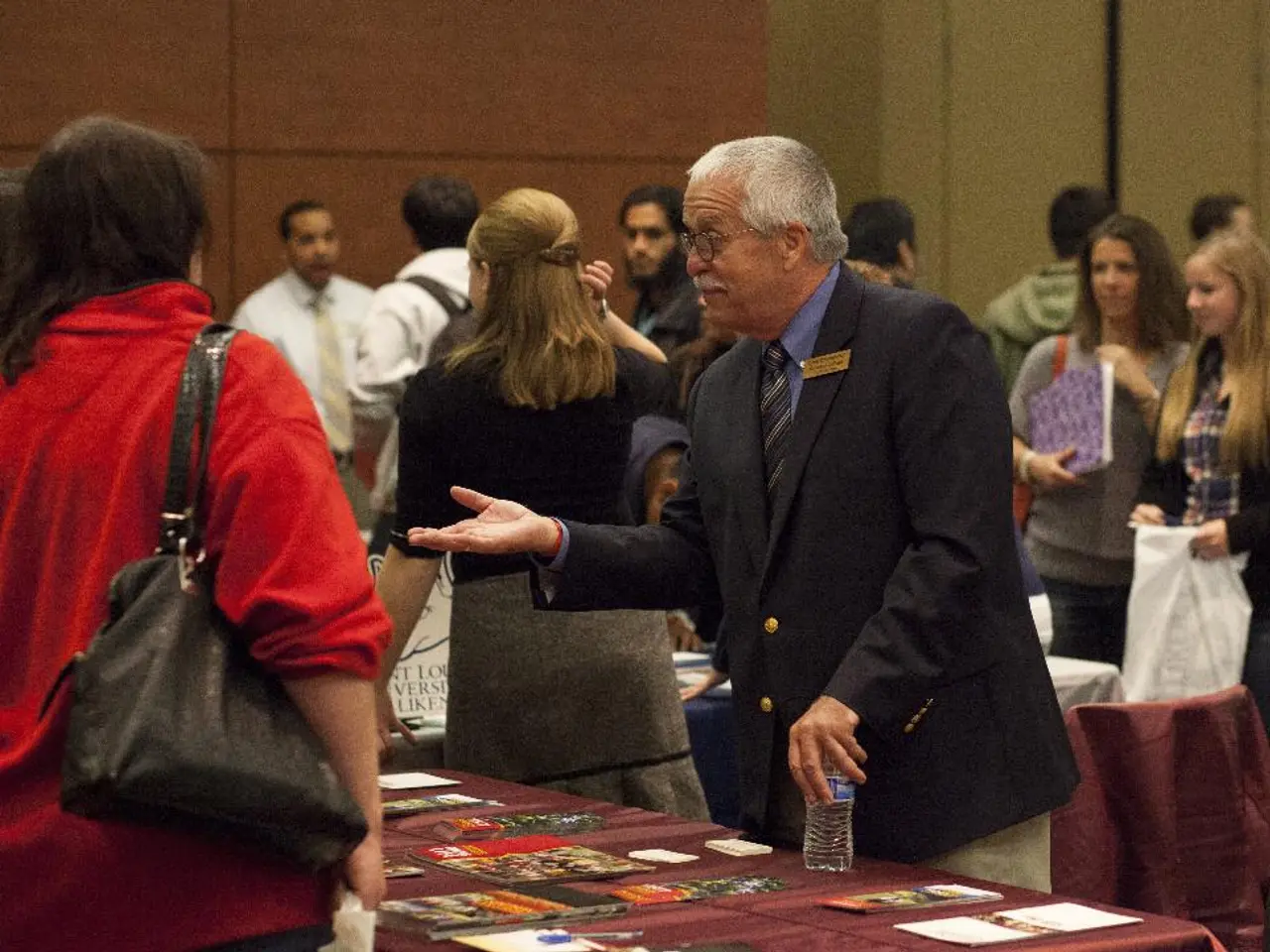UK government's "bag-a-boffin" program overlooks the North of England region
News Article: Northern UK Institutions Overlooked in Global Talent Fund
The UK's Global Talent Fund (GTF), a recently announced £54 million ($72 million) scheme aimed at attracting top scientific minds from abroad, has faced criticism for excluding universities in the North of England. This decision has sparked disappointment and criticism from Northern institutions and regional leaders.
The Universities for North East England (UNEE), which includes Durham, Newcastle, Northumbria, Sunderland, and Teesside, have expressed confusion and dismay at being overlooked despite their strong research capabilities and significant economic contributions. In 2021–22, these universities contributed a total of £9.7 billion to the UK economy [1][4].
The N8 Research Partnership, representing eight major Northern universities, also highlighted the regional imbalance and warned it could deepen disparities in R&D funding, despite the North's strengths in sectors targeted by the fund such as life sciences and clean energy [2].
The exclusion has prompted a strong response from the Science, Innovation and Technology Committee, chaired by Dame Chi Onwurah. In a letter to the Minister of State for Science, Lord Patrick Vallance, Dame Onwurah criticized the GTF for recognizing the devolved nations but ignoring large parts of England, notably the North West, North East, Yorkshire and the Humber, and East Midlands. She pointed out that institutions like the University of Manchester, a significant institution in the North of England, had a proven track record of attracting significant European research funding, yet were not selected [3].
The University of Manchester is notable for being the home of the pioneering Manchester Baby and Manchester Mark 1 computers, arguably the genesis of the UK's IT industry. Since 2007, the university has received €143 million ($167 million) of European Research Council funding across 83 projects [5].
Northern Mayors have also joined the criticism, emphasizing that the exclusion undermines their universities' contributions to innovation and economic growth. They have called for urgent reforms to funding allocation to ensure fairness and regional balance that reflects the UK's full scientific potential [5].
In response to the criticism, the Minister has been given until September 1 to respond to the concerns raised by Dame Onwurah and others [1]. The unified and vocal response from Northern institutions and regional leaders has advocated for a reassessment of the allocation criteria to support national growth that is inclusive of the North. The Science, Innovation and Technology Committee has formally expressed its disappointment and urged revisiting these decisions [1][2][3][4][5].
References: [1] BBC News, "UK's Global Talent Fund snubs North of England universities," 4 July 2022, https://www.bbc.co.uk/news/uk-england-manchester-62034676 [2] The Guardian, "UK's Global Talent Fund excludes universities in the North of England," 4 July 2022, https://www.theguardian.com/education/2022/jul/04/uks-global-talent-fund-excludes-universities-in-the-north-of-england [3] The Times, "Letter: Global Talent Fund risks unequal access to international scientific talent," 5 July 2022, https://www.thetimes.co.uk/article/letter-global-talent-fund-risks-unequal-access-to-international-scientific-talent-4l7jgj7zl [4] The Northern Echo, "North East universities 'overlooked' by UK's Global Talent Fund," 4 July 2022, https://www.thenorthernecho.co.uk/news/19975420.north-east-universities-overlooked-uks-global-talent-fund/ [5] The Yorkshire Post, "Yorkshire universities left out of UK's Global Talent Fund," 4 July 2022, https://www.yorkshirepost.co.uk/news/yorkshire-universities-left-out-of-uks-global-talent-fund-1-9975420
- The exclusion of Northern universities from the UK's Global Talent Fund has led to criticism of the scheme's recognition of devolved nations but ignoring regions like the North West, North East, Yorkshire and the Humber, and East Midlands, which have strong research capabilities in sectors like life sciences and clean energy.
- The General News outlets report that the Science, Innovation and Technology Committee, chaired by Dame Chi Onwurah, has emphasized that the funding exclusion risks undermining universities' contributions to innovation and economic growth, especially in the field of Artificial Intelligence and Technology.
- In light of the criticism, many Northern institutions and regional leaders are advocating for education-and-self-development opportunities focused on Science, Tech, and AI, in order to equip the North with the necessary skills to compete for global talent and funding in the future.




